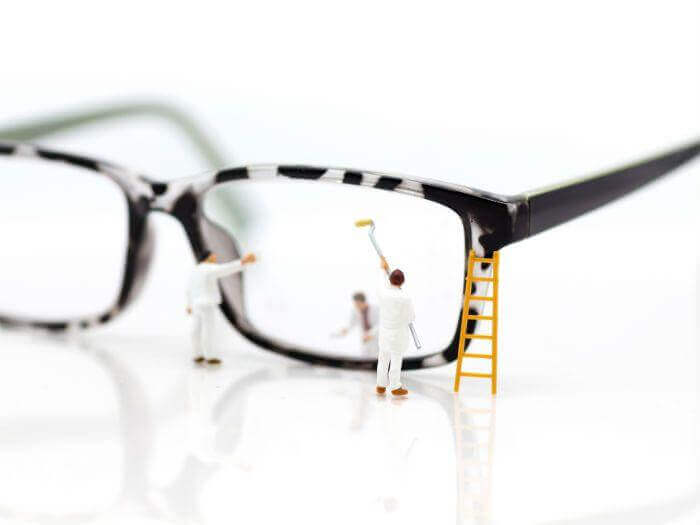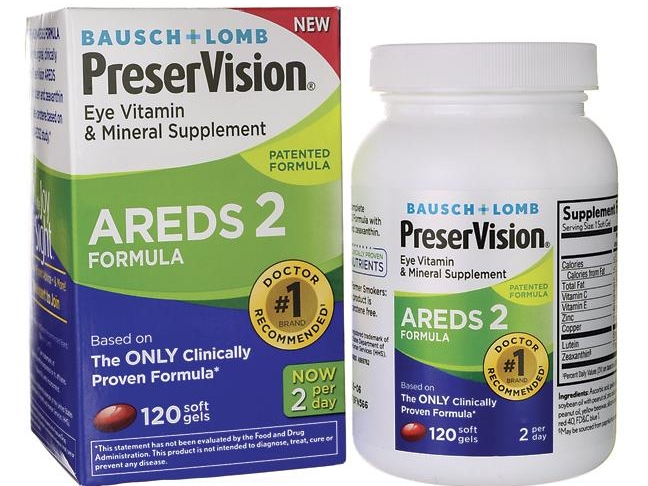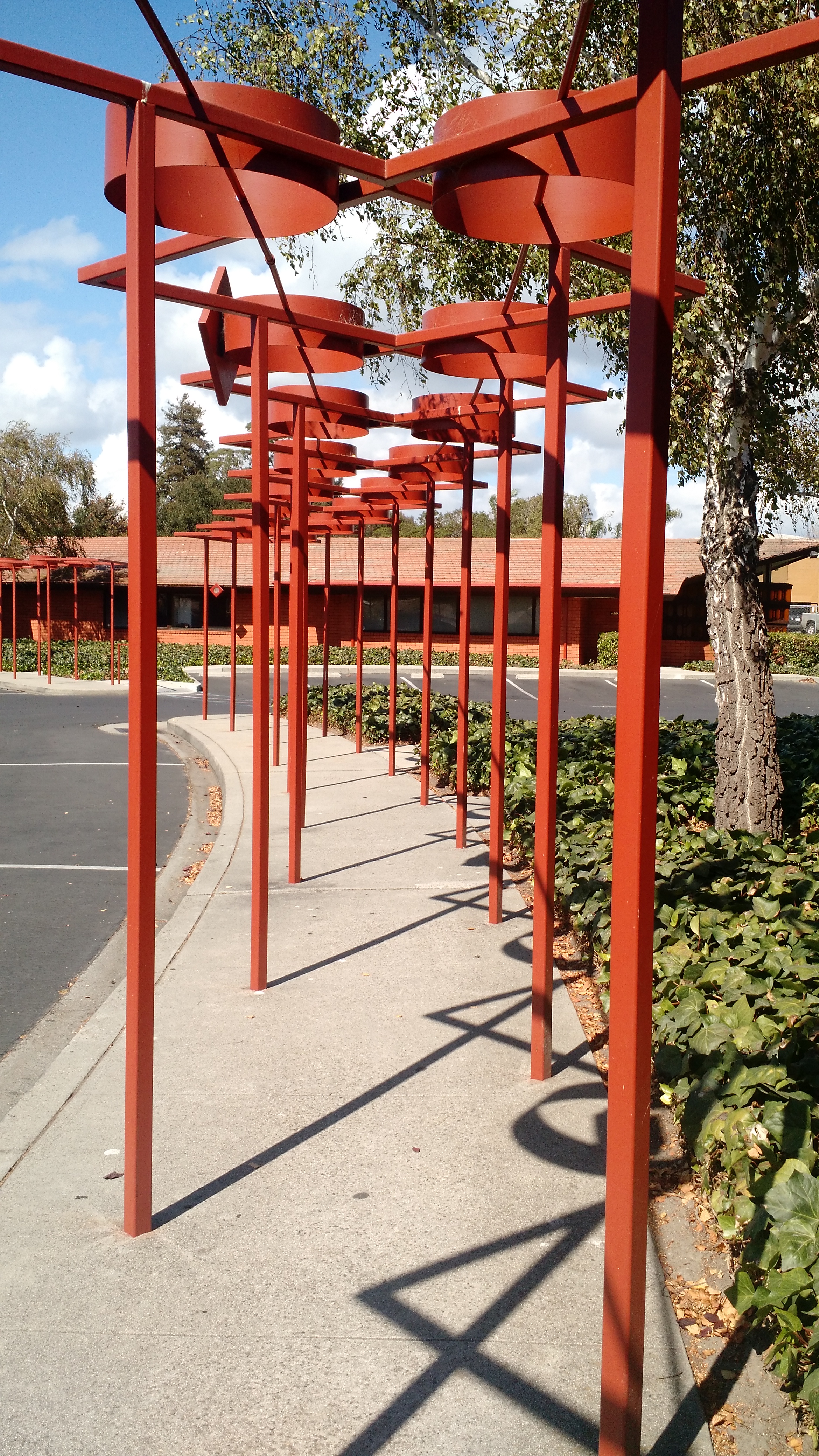Triathlon for the Visually Impaired
/How to race with refractive error
Triathlon is probably the most challenging sport when it comes to vision correction. You combine 5 distinct activities (including the transition and podium pictures) all of which require unique visual demands for vision and eye protection.
prescription swim goggles
While you can get prescription swim goggles, cycling and running sunglasses and Rx podium shades, it is the transitions that make things challenging. Do you wear your Rx swimwear walking down to the water? When do you swap your goggles out for the Rx sunglasses? (don’t start riding with your goggles on)
The easiest solution for all these questions is probably to consider contact lenses. For triathlon, you will definitely want a daily disposable lens since you will be swimming in them. Even if you aren’t swimming in the sludgey waters of Rio, there are still a lot of bacteria in all bodies of water that you don’t want living in your contacts for an entire month. This solution allows you to use non-Rx goggles, alleviates the confusion in transition and allows for any sunglasses frame to be used for the bike and run. And yes, for those of you who need multifocal glasses to read your Garmin, there are multifocal daily disposable contact lenses.
For those too squeamish to put in contacts, there are still options on the table. Prescription goggles are available from some optometry offices and can make a world of difference. Even if you are just using them in the pool, it is nice to be able to see the clock. For open water swims, they are a near must, sighting is already tricky enough for those who can see, why swim all over the place wasting time?
Cycling is probably the most challenging element of triathlon when it comes to eyewear. It is imperative to have a high wrap frame to block wind and protect your eyes, but I have found that most sunglasses don’t give enough room in the top of the lens for looking ahead when in the aero position and I end up looking over the top of the frame.
There are a few ways to put a prescription in a pair of glasses for cycling. The best option is to choose a more "moderate" frame similar to the Wiley X Rebel (an awesome local company out of Pleasanton California).
Wiley X Rebel Cycling Sunglasses
This frame has good height above the line of sight to work well in aero, and not so much wrap that you cannot put prescription lenses directly in the frame. It still has good coverage and nice thick temples that block wind from around the edge of the lens. Even the frames where the lenses snap in to the top rim can be rx'd in this fashion, such as the popular Oakley FlackJacket.
There are some limitations in the severity of prescription though, and generally anything over a -3.50 won't work with these non-round Flack Jacket frame styles.
Oakley FlackJacket Sunglasses
The Oakley Radar Lock is arguably the most popular frame for cycling, but it can not easily be Rx'd since it is a "shield" design with a single lens. While a prescription can be put into this sort of shield, it involves a cosmetically noticeable oval lens "button" to be adhered to the front and back of the lens with the prescription in it (see second picture) This would be done directly through an Oakley distributer and the lenses would be made at their lab.
Oakley Radar Lock (with prescription)
Oakley Radar Lock (without prescription)
As you will no doubt realize as you read, I am not a huge fan of the third option which is to place a lens "clip" behind the non-prescription sunglass lens. This allows you to put a prescription (even very high prescriptions will work for this solution) into a small lens carrier that sits just behind the sunglass lens. Frames that are made for this have proprietary clips that snap into a groove in their frame. Rudy Project is known for this Rx design. The down side is that now you have 4 refracting surfaces to create glare, and a small field of view through the relatively small lens carrier. Ultimately, it is just not a clean solution and we can do better for most mild to moderate prescriptions.
Rudy Project with Rx insert
Rudy Project Insert
Most people will wear the same sunglasses for cycling and running, however the visual needs are actually a bit different. While running, your head posture is much straighter and you look through a different part of the lens. There is also less wind, so it is not as advantageous to have the high wrap of the cycling sunglasses. (when done poorly, high wrap can induce distortions as you have no doubt noticed if you look through a low quality sports frame).
Now on to the important part of the race: The podium. The sky is the limit with the podium glasses, the crazier the better. Most importantly, if you have optics sponsors make sure you are wearing the right brands. These pictures will be on Facebook for eternity, so be sponsor compliant. Big lenses are back in fashion and you can't go wrong with any colorful frame or lenses. Plastics are more stylish than metal frames, so go with something more chunky and hipster such as the Smith Lowdown.
Smith Lowdown Sunglasses
* a few other notes on podiums:
-If possible, take the podium in your tri-suit. Remember to zip it all the way up. Wear your running shoes, not flip flops and if you have a sponsor-correct hat, wear it. (the medal can be placed over the hat - podium girls/boys are skilled in it's placement) You want symmetry on the podium shots, take your cues from the winner, third place should put their outside hand up, and cue off the second place finisher to see what to do with the inside hand.






































